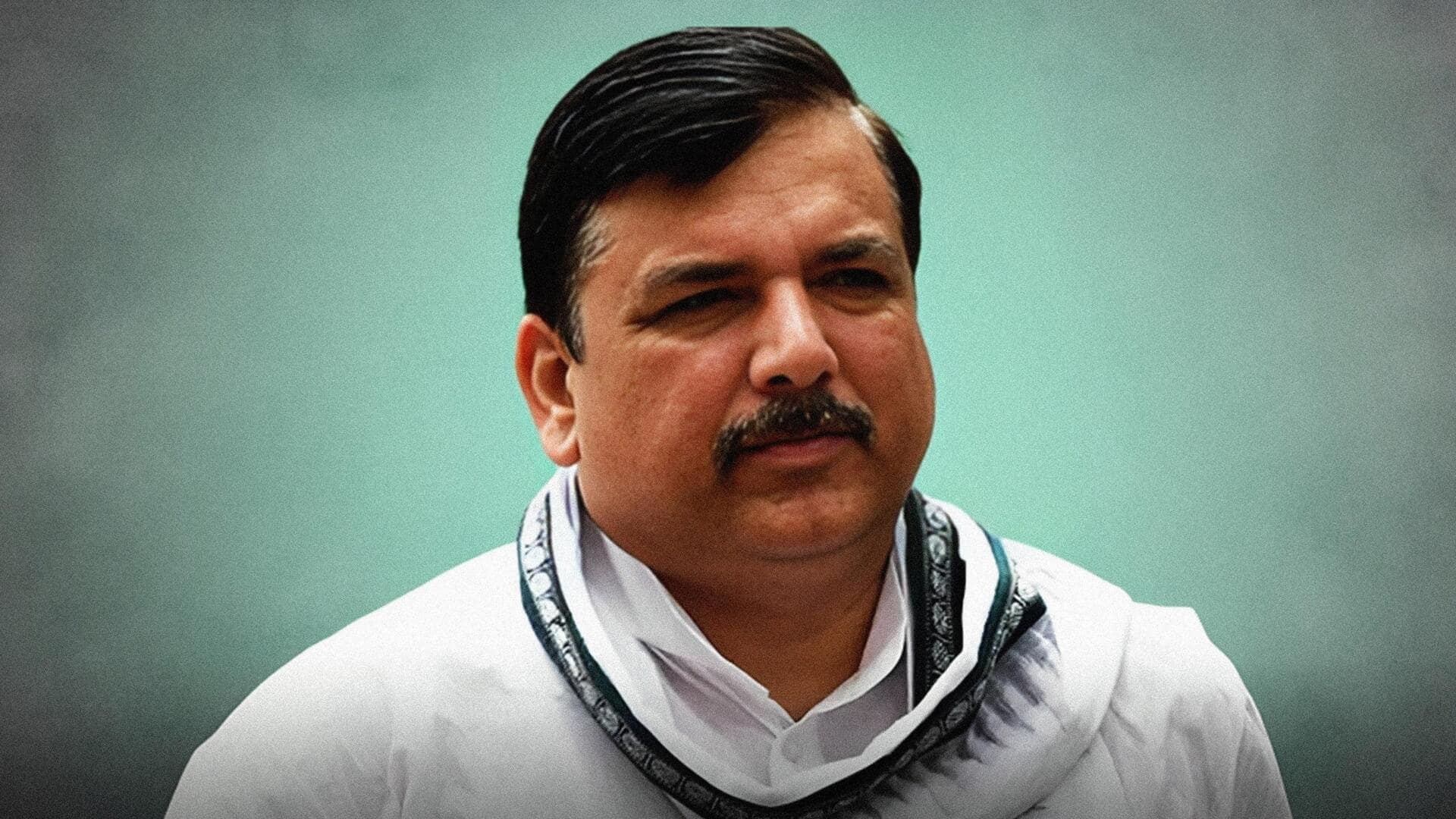
AAP MP Sanjay Singh gets bail in excise policy case
What's the story
The Supreme Court on Tuesday granted bail to Aam Aadmi Party (AAP) MP Sanjay Singh in the Delhi excise policy case.
Arrested last October, he will be released under terms set by the trial court.
He will also be permitted to engage in political activities, a relief for the AAP in view of the upcoming Lok Sabha elections.
Context
Why does this story matter?
On October 4, the Enforcement Directorate arrested Singh after conducting raids at his residence in connection with a money laundering probe linked to the now-scrapped policy.
The agency alleged that Singh played a key role in the formulation and implementation of the excise policy.
Notably, on March 21, the federal agency arrested Delhi Chief Minister Arvind Kejriwal in the same case.
Excise policy case
First AAP leader to receive regular bail
Singh has now become the first senior AAP leader to receive regular bail in the excise policy case.
Kejriwal and his former deputy Manish Sisodia are currently in judicial custody in the same case and are lodged in Tihar Jail.
Reacting to Singh's bail, Delhi Minister Atishi posted on X (formerly Twitter)"Satyamev Jayate (truth prevails)."
SC order
No object to bail being granted to Singh: ED
The SC order came a while after the ED told the court that it has "no objection" in bail being granted to the AAP leader.
The apex court said that "Singh is released on bail during pendency of proceedings."
The SC noted that the "concession shall not be cited as precedent".
It also clarified that it has not made any comments on merits.
Excise policy case
What is the excise policy case
In November 2021, the Delhi government introduced the excise policy for 2021-22.
However, less than a year later, it opted to abandon it following widespread corruption accusations.
Central investigation agencies asserted that wholesaler profit margins were artificially inflated to 12% from 5%, promoting cartelization and benefiting ineligible license holders.
The Kejriwal-led Delhi administration refuted the allegations, arguing that the policy would have boosted revenue.